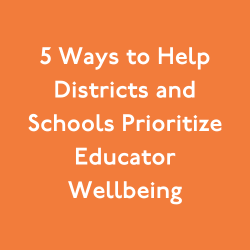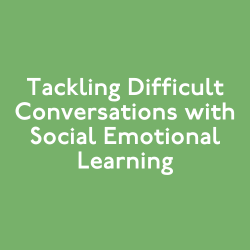The positive effects of gratitude
Gratitude, when it’s most simply defined, is a feeling of appreciation and thankfulness. Research has shown that people who practice gratitude regularly experience many positive benefits, including: improved mental and physical health, stronger relationships, and increased resilience.
Integrating gratitude into your daily life
So, what does it really mean to “practice gratitude?” Practicing gratitude means consistently looking for, identifying and expressing what you’re grateful for. Making this a daily practice doesn’t have to be difficult. Here are 7 easy steps you can follow to incorporate gratitude into your day.
Make it a habit
Build gratitude into your daily routine by setting realistic expectations for yourself. Simply thinking about one thing you’re grateful for during your afternoon commute or before you take that first sip of coffee is a great place to start and will have the same positive effects. Gratitude is a muscle you need to strengthen – the more you practice it, the more grateful you’ll naturally become.
Be specific
It’s easy to fall into the trap of being thankful for the same things everyday: family, friends, etc. Be more specific, think about not only what you’re thankful for but why you’re grateful for it at that particular time. For example, I’m thankful for my mom because this morning she ____.
Share with others
By telling others that you’re grateful for them, you not only make yourself feel good but you’ll make them feel appreciated as well. Even expressing overall gratitude can improve everyone’s attitude and encourage others to share what they’re grateful for as well. For example, this teacher sends out “hump day bump” emails complimenting and expressing appreciation to her colleagues and friends.
Worry about yourself
This might seem a little counterintuitive when thinking about gratitude, but it’s important to focus on what is happening in your own life and resist the urge to compare yourself to others. Constantly comparing yourself can make it more difficult to genuinely appreciate and be grateful for the things that are happening in your life, particularly if you think someone else is experiencing more happiness or success than you.
Challenge yourself
Life is filled with obstacles, setbacks and adversity. When times get tough there are still many things to be grateful for. Challenge yourself to notice these things even when it’s difficult. Look at obstacles as opportunities to learn, grow and reflect.
Start a journal
Journalling daily will ensure that you carve out the time to think about what you’re truly grateful for. This can be as simple as writing down one sentence each morning. However, if you’re able to set aside more time, use this as an opportunity to express your gratitude in more detail, reflect on current challenges, and determine how you can transform them into a more positive experience.
Give back
Giving back to organizations or causes that are meaningful to you can be a great way to show appreciation and benefits your community. Try to find an organization that relates to something you’re grateful for or passionate about and devote some of your time to their mission.
Sign up for Move This World’s newsletter to stay up to date on social emotional learning.
Enter your email below!










